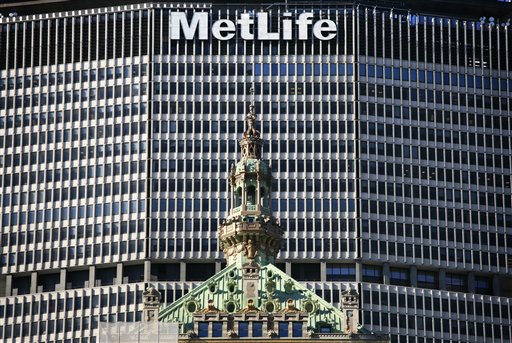Moody's: Bank sale eliminates Fed oversight but gives Met competitive chops
MetLife Inc.’s decision to sell its banking unit was met with mixed reviews from analysts, as Moody’s Investors Corp. labeled the sale a “credit negative” event.
The carrier’s call to sell its depository business to GE Capital Financial Inc. on Dec. 27 will eliminate the Federal Reserve Bank’s supervision of the insurer, wrote Neil Strauss, vice president and senior credit officer at Moody’s, in a research note today. The sale is expected to close in the second quarter. In the meantime, the FRB will be among the company’s regulators.
The Federal Reserve has oversight of MetLife because of its bank holding company status, meaning that the regulator could keep an eye on MetLife’s capital adequacy and liquidity, as well as provide it a cash lifeline in the event of an emergency. Thus the loss of the Fed’s oversight is a negative event, according to Moody’s.
Chris Breslin, a spokesman for MetLife, had no comment on the findings.
“Under Fed supervision, we believe that MetLife is less likely to make a move that would negatively affect its credit quality,” Mr. Strauss wrote. “In a severe stress situation, the Fed could potentially provide MetLife with monies for unanticipated capital or liquidity needs.”
Even without the bank, the insurer still could be subject to tougher regulations if it’s considered a systemically important nonbank financial firm due to its size, Mr. Strauss said. The Fed had proposed a handful of measures, including additional risk-based capital requirements.
Still, there is a silver lining for the insurer, according to Mr. Strauss and equity analysts, as shedding the bank will place MetLife on par with competitors that aren’t subject to bank holding company regulations.
“We viewed it as a positive,” said Steven Schwartz, an analyst with Raymond James and Associates Inc. “Met should be regulated like other insurance companies. Even if they’re found to be systemically important, others like them will be, too.”
After losing its bank holding company status, Met could also have a small window late this year in which to deploy some capital before becoming subject to restrictions in 2013 that will apply to nonbank institutions that are deemed systemically important, noted Christopher Giovanni, an analyst at The Goldman Sachs Group Inc. He observed that these institutions could be subject to restrictions on dividend payouts and buybacks.
Mr. Giovanni, upgrading MetLife’s rating to “buy,” from “neutral,” noted that the insurer had indicated in the third quarter that it had $3.5 billion in readily deployable capital.







